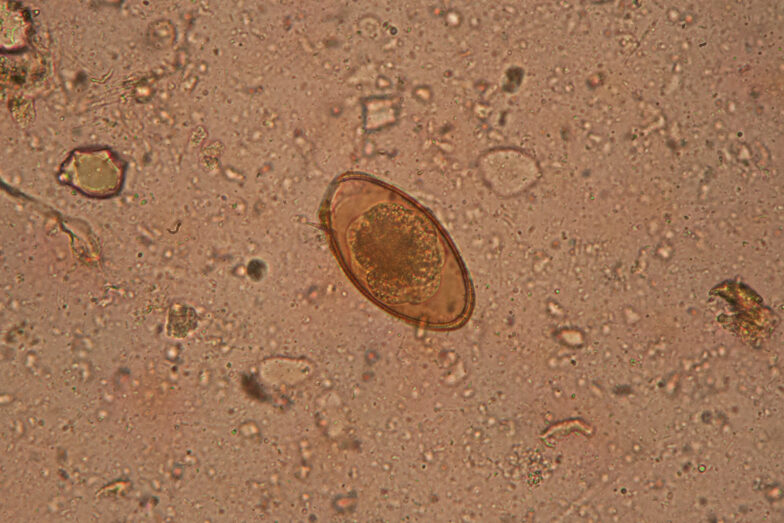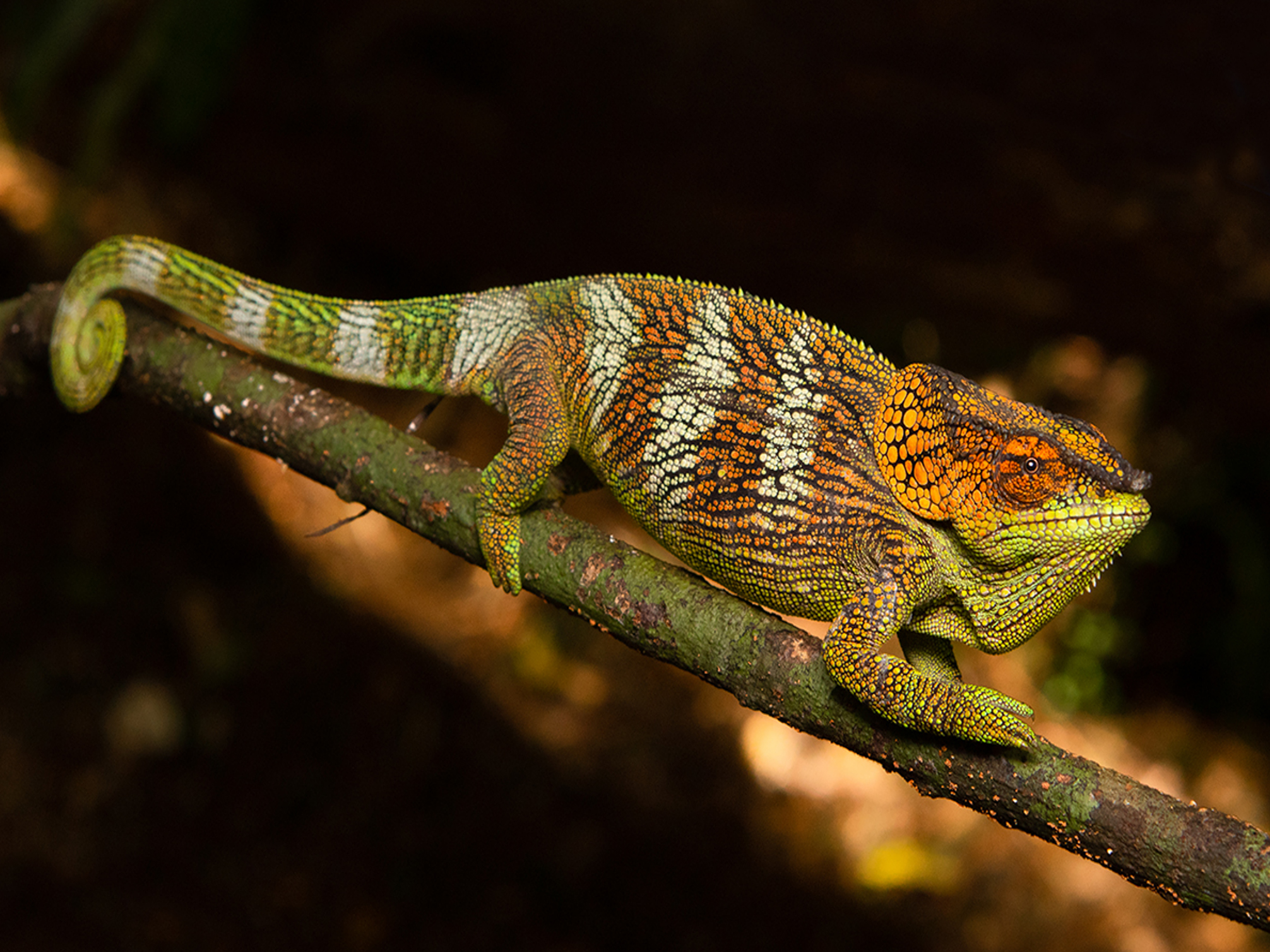On 15 December 2023, Benjamin Scheler from Burgrieden will give an illustrated talk in Frankfurt am Main about a trip to Oman. The Sultanate of Oman is located in the south-east of the Arabian Peninsula and borders the United Arab Emirates, Saudi Arabia and Yemen.
As a desert connoisseur, Benjamin Scheler travelled through Oman for two weeks last year. He travelled around 4500 km. From his starting point in Muscat, he travelled south-east down the coast. A short detour to the country’s largest island – Masirah – then took him to Dhofar. This southernmost province of Oman is the only area of the Arabian Peninsula to feel the influence of the summer monsoon. The flora and fauna are correspondingly different compared to the rest of the country. From there, we travelled a little further north, away from the coast, into the desert areas. We then took the only road through the arid hinterland back to the capital Muscat. Benjamin was able to track down 45 species of reptiles and amphibians, some in unexpectedly high numbers – including chameleons.
All in all, you can expect a great, colourful presentation that will certainly not only delight desert fans!
Benjamin Scheler A (first) trip to Oman to find reptiles and amphibians
DGHT City Group Frankfurt
Zoo school of Zoo Frankfurt
Alfred-Brehm-Platz 16
60316 Frankfurt am Main
Einlass ab 18.30 Uhr, Vortragsbeginn 19.00 Uhr
Photo: Chamaeleo arabicus in Oman, photographed by Benjamin Scheler











